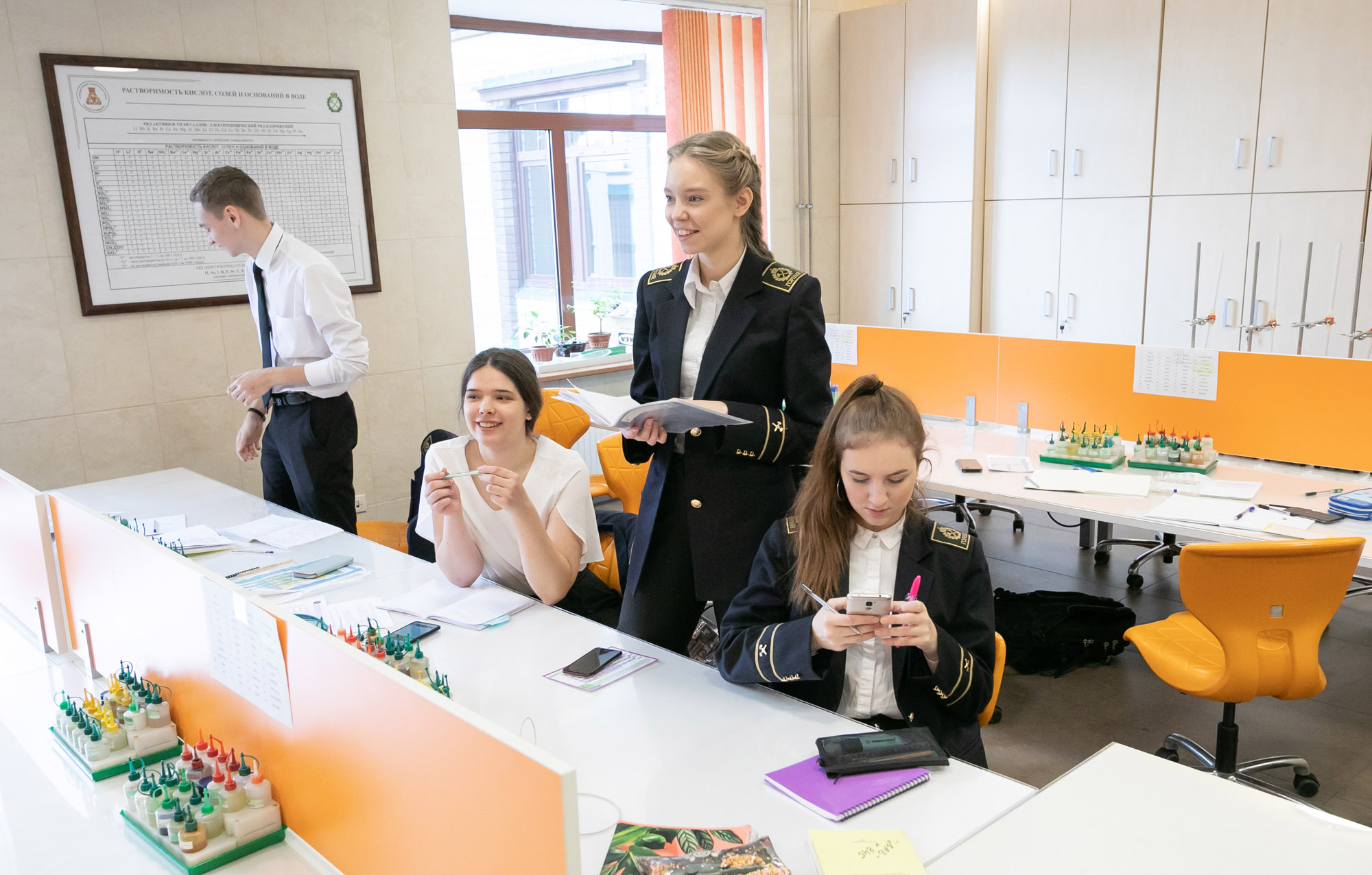In the process of training in this program, students can acquire professional technical culture, i.e., the readiness and ability of an individual to use in their activity the knowledge and skills to ensure the implementation of calculations of chemical and technological redistribution and the implementation of design developments. Students are trained for the creative application of acquired knowledge in creating new and improving existing technological processes and devices, understanding the social significance of their future profession.
High demand for specialists of this area in the labor market;
Possibility of internship at foreign partner universities;
Opportunity to engage in scientific activities under the guidance of department staff, with writing articles in peer-reviewed and cited journals;
Opportunity to study at foreign partner universities with the issuance of internationally recognized diplomas.
Graduates of this program get employed by leading companies in the mineral, fuel and energy, mining and metallurgical complexes. They work at research and design departments, at enterprises and consulting companies as technologists, technical managers, etc.
